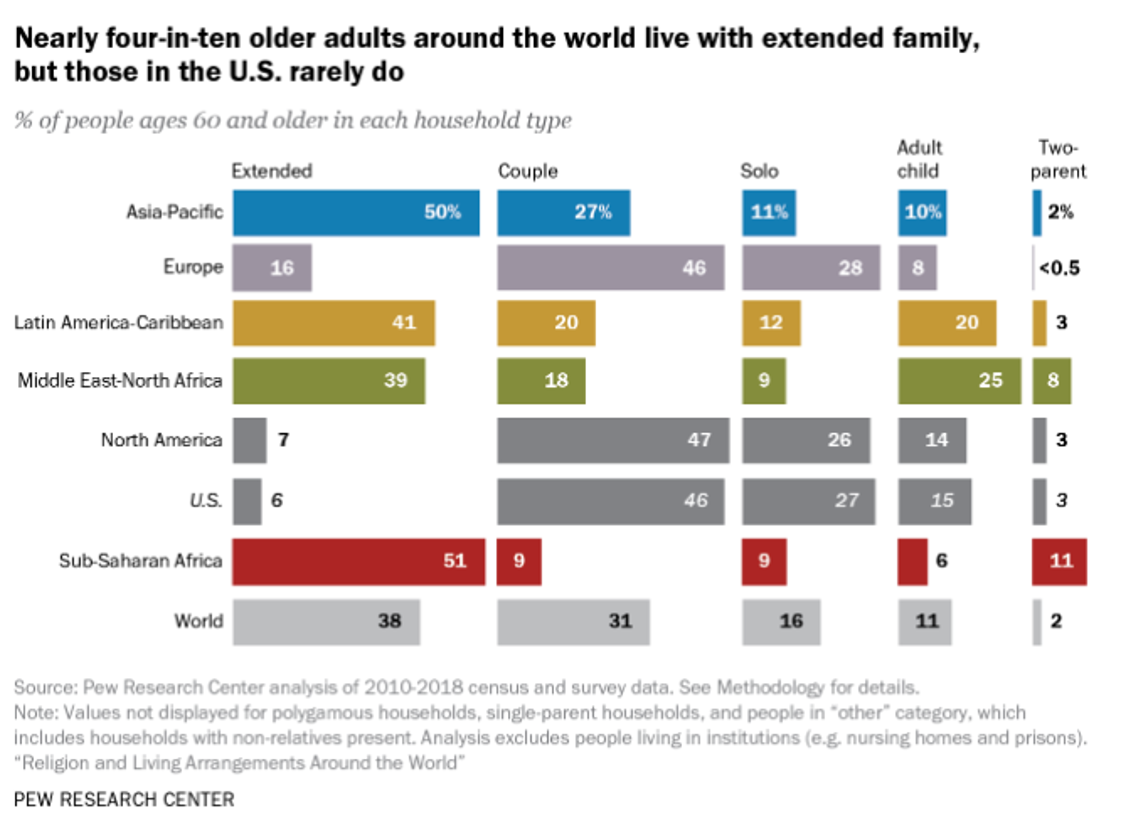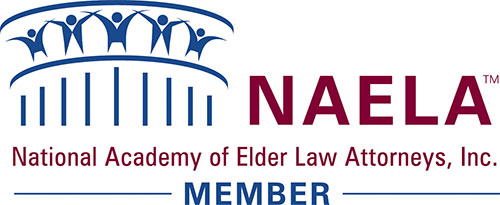When it comes to returning to school in the fall, the details may still be unknown. Will students be attending classes in person, or will classes continue to be online? Will college students be allowed on campus, or will they be bunking with mom and dad for the fall semester? One thing is certain: education will still be costly. In times of uncertainty, it is important for your planning to be as flexible as possible while still meeting your needs.
Some techniques for funding education expenses require that the funds be spent only on certain items to take full advantage of tax breaks and incentives. Other tools are less restrictive regarding how the money can be spent, allowing for more flexibility—which is important during these uncertain times.
Qualified Education Expenses Only
Coverdell education savings accounts. Money that is invested in a Coverdell education savings account must be used for “qualified education expenses.” These expenses can be incurred at eligible postsecondary schools as well as eligible elementary or secondary schools. For elementary and secondary education, qualified education expenses include tuition and fees, books, and supplies. If the school requires or offers them, room and board, uniforms, and transportation may also be deemed qualified education expenses. For postsecondary schools, tuition and fees, books, supplies, and equipment are deemed qualified education expenses. Additionally, room and board may be considered education expenses if the student is enrolled at least half-time at the institution. Items such as computers and internet access are also considered qualified expenses for students at all grade levels as long as they are primarily used by the beneficiary (and for students in elementary or secondary institutions, the beneficiary’s family) during any years the beneficiary is enrolled in the eligible school. However, this does not include expenses for software that is not predominantly educational in nature.
529 plans. A 529 plan, also known as a qualified tuition program, requires that the funds be used for qualified education expenses to avoid paying income tax and a 10 percent penalty. For 529 plans that are used to save for elementary and secondary institutions, the funds can only be used to pay for up to $10,000 in tuition. Similar to a Coverdell education savings account, tuition and fees, books, supplies, and equipment are deemed education expenses for postsecondary education at an eligible institution. Additionally, room and board may be considered an education expense if the student is enrolled at least half-time.
Tuition Only
In order for payments on the beneficiary’s behalf from a health and education exclusion trust (HEET) to be excluded from gift and generation-skipping transfer taxes under Internal Revenue Code Sections 2503(e)(2)(A) and 2611(b)(1), the funds must be paid directly to the educational organization for tuition. With respect to a HEET, education expenses can include tuition for any grade level, from preschool to postgraduate, for part-time or full-time students. However, room and board, books, and other related expenses are not deemed education expenses eligible for the tax exclusion.
Education Expenses Are Your Choice
Revocable education trusts and revocable living trusts. A revocable education trust or a provision in your existing revocable living trust can provide you with significant flexibility. As the person creating the trust, you can allocate the money and property to cover any expenses related to education. This includes not only tuition and institutional fees, but also room and board and other personal needs associated with attending school. An additional benefit of these planning tools is flexibility: if you need to change the amount of money you have given the trust, add or remove beneficiaries, or terminate the trust entirely, you have the ability to do so without any adverse tax consequences. A significant downside of revocable trusts is that there are generally no income or gift tax benefits available for setting them up.
Irrevocable gifting trusts. Similarly, an irrevocable gifting trust allows you to define what expenses can be covered by the beneficiary’s share of the trust. The main difference is that by placing money and property into an irrevocable trust, you no longer have control over it. However, irrevocable gifting trusts can provide some tax advantages that revocable trusts cannot. The rules listed in the trust document will be used for the entirety of the trust’s existence, with some limited exceptions. Therefore, it is important to work with an experienced estate planning attorney to make sure that you plan for as many contingencies as possible.
No Major Restrictions
Lastly, a Uniform Transfers to Minors Act or Uniform Gifts to Minors Act account does not impose any major restrictions on the use of the funds. When one of these accounts is created, the money or property is held by a custodian for the benefit of the minor. Because this property is technically owned by the minor, the custodian has the responsibility to manage, invest, and where appropriate, use the property for the benefit of the minor. While there are no statutorily enumerated uses for the account, it is generally understood that these funds should not be used to pay for expenses that would normally be considered parental obligations, such as food, clothing, and shelter. As soon as the beneficiary reaches the age of majority (eighteen or twenty-one depending on the state), the beneficiary is free to do whatever the beneficiary wishes with the money, with no restrictions.
We Are Here to Help
We are living in uncertain times, but we understand that providing for your family is always a priority. Having a plan in place designed for your family’s unique circumstances can provide substantial peace of mind. We are available, via telephone, video conference, or in person, to discuss the options available to you and your family as you navigate the current conditions and plan for your family’s education and financial future.






